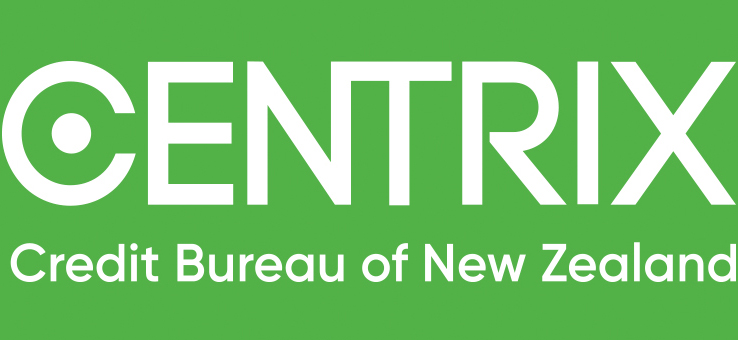Kiwi small businesses are the backbone of New Zealand’s economy, but they come and they go, and less than half go the distance for more than five years. The most common reason? Lack of cashflow.
Protecting your cashflow is crucial to your business’s success. While increasing revenue is the number one goal of many businesses, cashflow should be equally important. Turning invoices into cash is the lifeblood of your business, giving you the liquidity to fund your day-to-day operations and covering regular outgoings such as wages, rent, stock and utilities.
Global research shows the most successful businesses focus on working capital and cashflow to improve and create greater business value, which are essential to a company’s financial health and its operational success.
Here are some simple things you can start doing to help you protect your business’s cashflow and make sure you have enough working capital to operate smoothly.
ONE: Credit check new customers
Before extending credit to a customer for a product or service, be sure to conduct a credit check. Consumer credit reports and business credit reports, tailored for the Kiwi market will help you understand a potential customer’s creditworthiness.
A credit report will contain a credit score. This is a summary of the information contained in the credit report. The score is an easy to view, quick way to help you to understand the risk of extending credit to a person or business at a glance – the lower the score, the higher the risk.
TWO: Set payment terms
Define your payment terms in your initial terms of trade when you engage with customers and ensure you include a clause that allows you to send someone to a debt collection agency and/or load a default on the Centrix credit bureau if they haven’t paid within a certain period of time.
When you issue an invoice, ensure that your payment terms are clearly communicated again so there can be no misunderstandings around when payment is due.
THREE: Invoice quickly
The faster you invoice your clients, the faster you will get paid. Send invoices out straight away with goods when they are delivered, or when the work has been done, to reduce any delays in getting paid.
You can also consider invoicing in progress payments for a long-term project, so that you have continuous cashflow to cover your ongoing expenses.
FOUR: Make it easy for customers to pay you
Offering your customers a range of payment options, such as mobile payments, point of sale, bank transfer, credit card, and Buy Now Pay Later, will make it easier for them to pay you on-time. While some of these options may incur processing fees, getting money faster is better for your business in the long-term.
You can also encourage your customers to pay ahead of time. For example, you can offer your customers incentives like early payment discounts to speed up your cashflow.
FIVE: Promptly collect outstanding payments
Should a customer fail to make payment by the due date, have a follow-up process in place. This can be phased in several stages to maintain a good customer relationship. For example, email reminders close to the due date if payment has not been received, and again when it’s overdue by a few days.
Calling customers to politely discuss payment can be done while maintaining a good relationship, before considering more drastic options such as debt collection as a last resort.
Protect your cashflow long-term
The Centrix Portfolio HealthCheck service provides a cost-effective way to monitor the risk of your existing accounts and protect your long-term cashflow. This is a powerful tool to understand if your sales and growth strategy is working and if you are getting the right type of customers.
You can engage with each of your customers based on their propensity to pay and get notifications of changes in your customers’ credit scores, to help you manage risk.
Get credit reports online
To get a credit report and access the credit score and creditworthiness rating of a person or business before extending credit, visit https://www.centrix.co.nz/get-reports/

